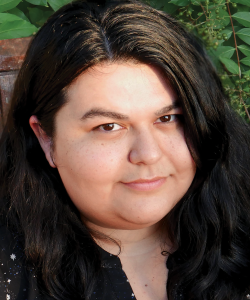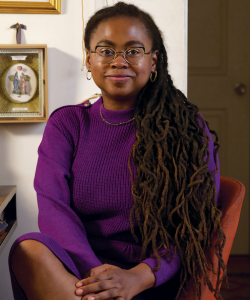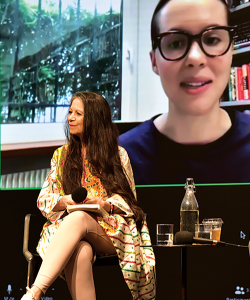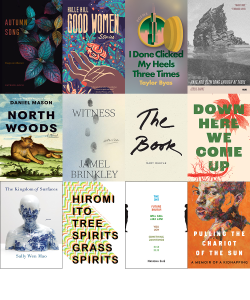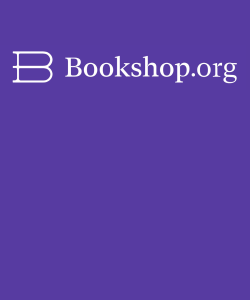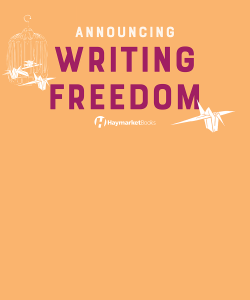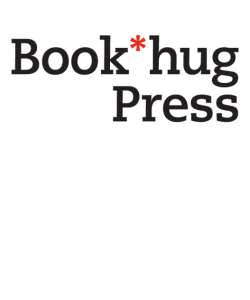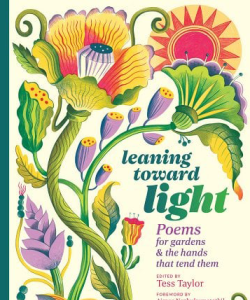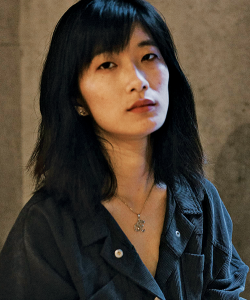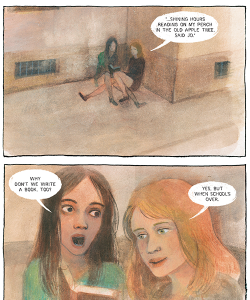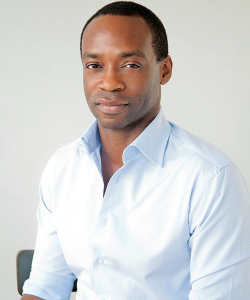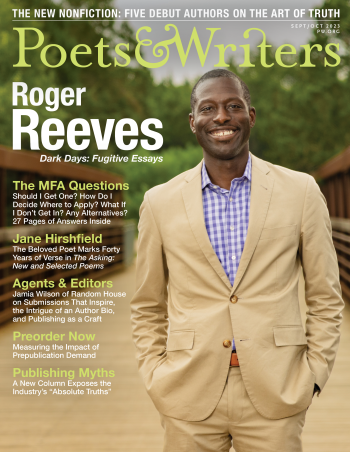
Our September/October issue features a special section on navigating the MFA, a profile of award-winning poet and essayist Roger Reeves, a conversation with poet Jane Hirshfield, essays by five of the year’s best debut nonfiction writers, an interview with Random House executive editor and vice president Jamia Wilson, and articles on the pressure of early success, how humor works in writing, and the impact of prepublication demand; plus a new column on publishing myths, as well as writing prompts, contest deadlines, and more.







